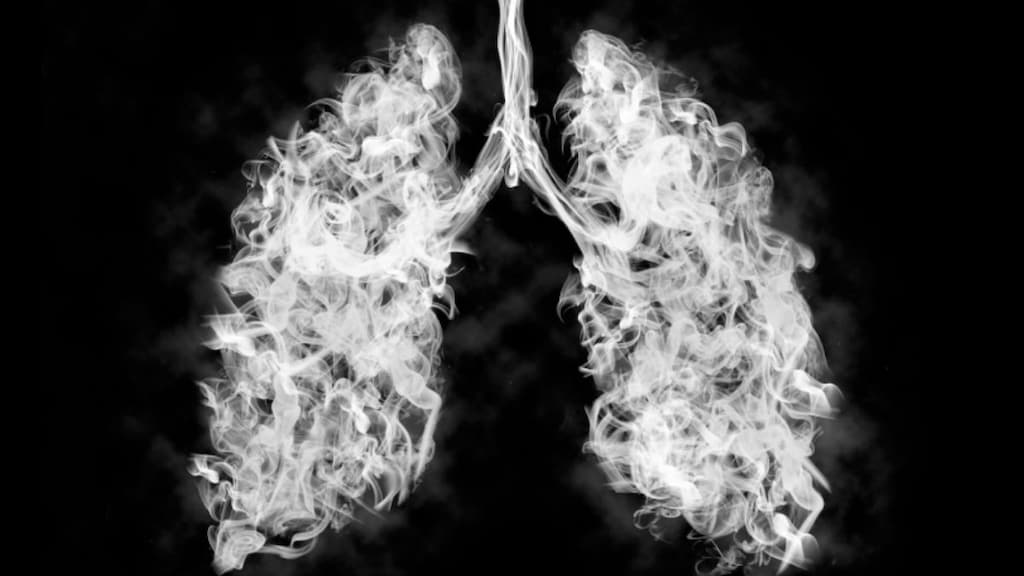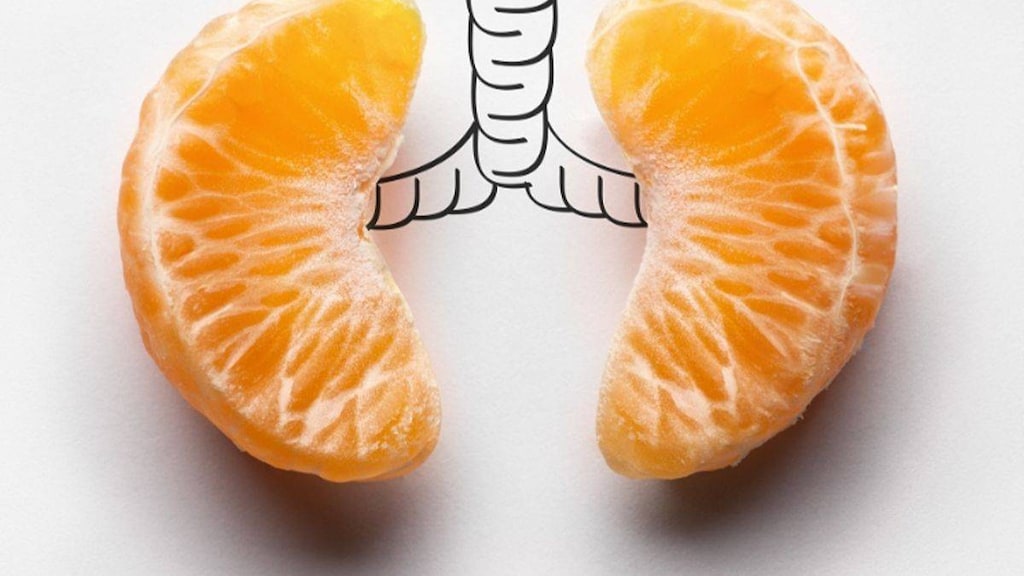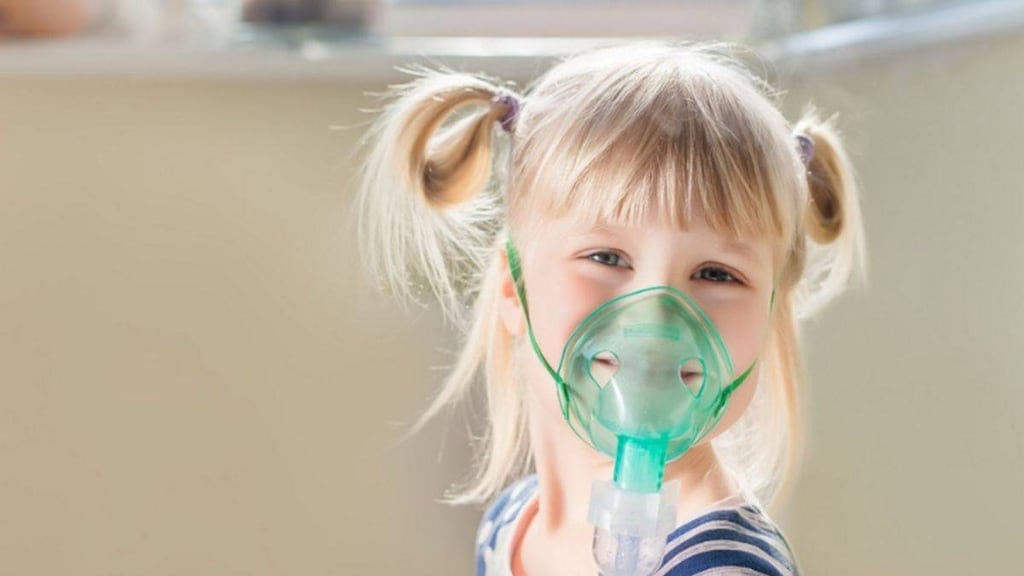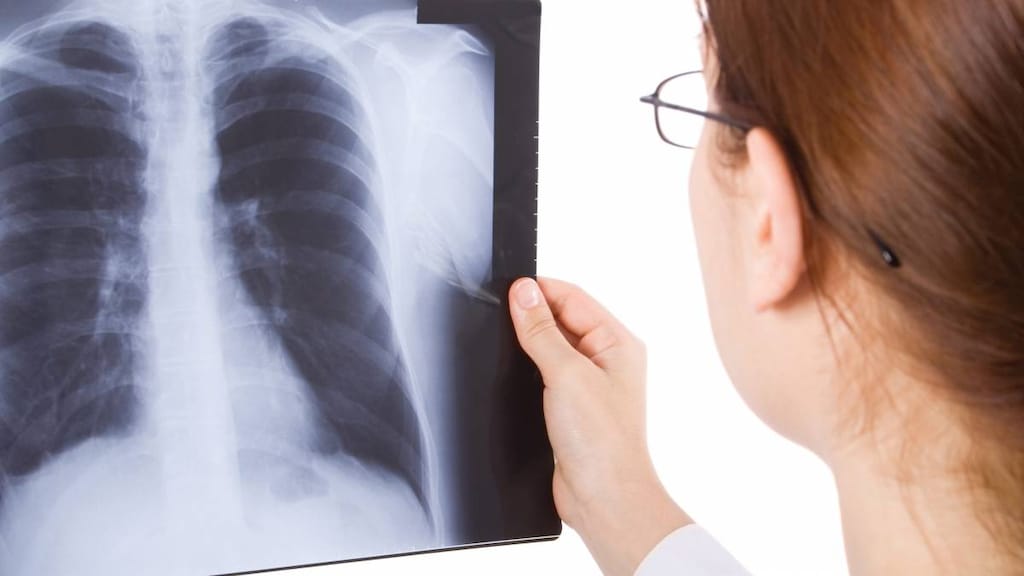COPD flare-ups – what you need to know


A flare up or exacerbation of COPD (chronic obstructive pulmonary disease) is when your COPD symptoms suddenly get worse or become particularly severe. A flare up can last from days to weeks.
How to tell if you’re having a COPD flare-up
Is it just a bad day or a COPD flare-up beginning? A number of factors can cause you to have a bad day where your COPD symptoms get temporarily worse. These factors include, for example, feeling stressed, anxious or depressed, low pressure, moving to a higher altitude or not using your inhaler correctly.
It can be difficult to tell sometimes whether you’re just having a bad day or whether a flare-up is starting. Remember to watch for changes in your symptoms and keep an eye on how quickly your heart is beating and you’re breathing.
If your symptoms don’t get better with rest or with your reliever inhaler, it can be a sign that you are having a COPD flare-up. An increased pulse or heart rate and breathing more quickly can also be signs of a flare-up.
Symptoms to watch for if you’re worried about a COPD flare-up
During a COPD flare-up you may experience an increase in:
- Phlegm or mucus production, as well as a change in the color and consistency of your mucus (sputum). The color of your sputum may change from clear to a deep yellow, green or brown color during a flare-up. A change in sputum is often one of the first signs of an exacerbation.
- Coughing and wheezing. Both the frequency and severity of a cough usually increase, but in some cases a new cough may also develop.
- Trouble breathing or shortness of breath. Everyday activities such as showering or walking may cause more breathlessness. You may feel like you can’t get a big enough breath or experience rapid and shallow breathing.
- Tiredness or fatigue
- Difficulty sleeping, headaches that develop when you wake up, or difficulty waking up and confusion. These are symptoms of high carbon dioxide levels and require immediate medical attention.
- Swelling of the ankles or legs
If you use a pulse oximeter to measure your oxygen levels, lower than normal oxygen levels may also be a sign of a COPD flare-up. If you already use oxygen at home, another sign of a flare-up can be feeling like you need to use more.
Symptoms of a COPD flare-up that require immediate medical attention include:
- Chest pain or severe shortness of breath
- Blue lips or fingers
- Difficulty speaking in full sentences
- Confusion or disorientation
Common triggers that can make your COPD worse
COPD symptoms can get worse without there being an obvious cause, but here are some of the common triggers that are known to make COPD symptoms worse.
- Viral infection of the lungs or airways (most common cause)
- Bacterial infection of the lungs or airways
- Smoking
- Exposure to secondhand smoke
- Air pollution
- Allergies
What to do if you think you’re experiencing a COPD flare-up
There isn’t a specific test that is used to confirm a COPD flare-up. Keeping an eye on your symptoms and taking note of when they are getting worse will help you to know when you are experiencing a flare-up.
It’s important to act quickly if you are experiencing a COPD flare-up and follow your action plan - a written plan developed with your healthcare professional that details the steps you should take if your symptoms begin to get worse.
Following your action or treatment plan will help prevent your symptoms from becoming more severe. Flare-ups can cause further damage to your lungs and result in admission to hospital, so it’s important to start treatment straight away.
How is a COPD flare-up treated?
The following medications are commonly used to help treat a COPD flare-up:
- Steroids. A short course of oral steroids are used to help reduce the swelling and tightness in your airways which can make it difficult to breathe. In some cases a steroid medication may be administered via intravenous (IV) injection.
- Inhalers. Medications known as bronchodilators are used to help open up the airways and make it easier to breathe. These medications are commonly administered via an inhaler or a nebulizer.
- Antibiotics. Antibiotics may also be prescribed to help treat a bacterial infection.
In some cases you may also require oxygen if your oxygen is low, or a positive airway pressure (PAP) machine or non-invasive ventilation (NIV) with a mask to help you breathe. A severe exacerbation may need to be treated in hospital.
How to avoid a COPD flare-up
It’s not always possible to avoid a COPD flare-up, but here are some tips to reduce your risk of having one.
- Avoid things that might trigger a flare-up such as:
- Being around a person with a cold or flu
- Smoke
- Pollution
- Allergens
- Follow your treatment action plan and seek help early if required
- Practice good hand-hygiene and wash your hands
- Get help to quit if you smoke or vape
- Get your flu shot each year
- Make sure you’re up-to-date with your other immunizations, including pneumonia, Tdap and shingles vaccinations
- Always take your regular COPD medications as prescribed
- Check with your healthcare professional that you are on the best medications for you
- Follow a healthy lifestyle and exercise regularly
- Talk to your healthcare professional about whether Pulmonary rehabilitation is right for you. Pulmonary rehabilitation is a program that involves a series of educational classes and supervised exercise sessions that are designed to help you understand and manage breathing problems.
Bottom line
It’s important to have an action plan ready in case of a COPD flare-up. Early treatment is important to help stop your symptoms from becoming worse. Work with your healthcare team to develop a plan before you need one.
Avoiding potential triggers, taking your medications as prescribed and looking after yourself are also important to help prevent flare-ups in the first place.
Article references
- Health Navigator New Zealand. COPD flare-ups. November 12, 2021. Available at: https://www.healthnavigator.org.nz/health-a-z/c/copd-flare-ups/. [Accessed December 10, 2021].
- COPD Step by Step. Understanding COPD exacerbations. Available at: https://www.copd.com/copd-progression/copd-exacerbations/. [Accessed December 10, 2021].
- Lareau S, Moseson E, Slatore CG. Exacerbation of COPD. Am J Respir Crit Care Med. 2018;198(11):P21-P22. doi:10.1164/rccm.19811P21.
- COPD Foundation. What is Pulmonary Rehabilitation? June 7, 2021. Available at: https://www.copdfoundation.org/Learn-More/Pulmonary-Rehabilitation/What-is-Pulmonary-Rehabilitation.aspx. [Accessed December 10, 2021].
- COPD Foundation. What is an Exacerbation or Flare Up? May 17, 2021. Available at: https://www.copdfoundation.org/Learn-More/I-am-New-to-COPD/What-is-an-Exacerbation.aspx. [Accessed December 10, 2021].




